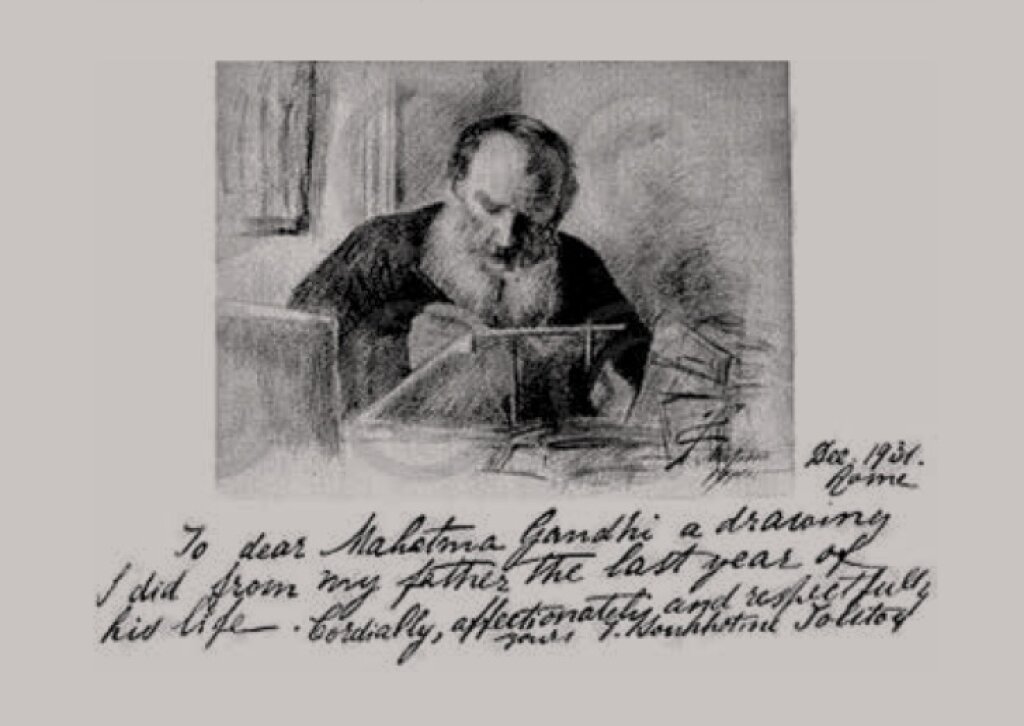This week, All the Russias is pleased to feature thesis profiles from graduating M.A. students in the Department of Russian and Slavic Studies. The is the third post in the series; the first may be found here, and the second here.
John Pfeiffer (M.A. Russian and Slavic Studies, International Relations concentration) specializes in Eastern European political economy.
While in Prague last summer through the NYU-sponsored Graduate Research Initiative, I met a number of employees of the Czech Ministry of Finance, who, at the time, were interested in comparing the political agendas of Prime Minister Andrej Babiš and his populist political party, ANO, with the rise of Donald Trump. Specifically, our discussions focused on how both leaders represent the growth of a disruptive political class that originates in the business elites and calls for more nationally-focused economic policies.
Ultimately, I came to the conclusion that since 2008, many populist politicians had been citing neoliberalism and its focus on Western-style market deregulation, free trade, and transnationalism as the sources of the 2008 financial crisis. Post-communist economic policy, it turned out, had much to do with post-2008 economic nationalism.
Back at NYU, I attended a Jordan Center event featuring Hillary Appel and Mitchell Orenstein, who discussed their recent book From Triumph to Crisis: Neoliberal Economic Reform in Post-communist Countries (2018). The years after 1989, the authors argue, saw the emergence of “competitive signaling,” in which post-communist Eastern European countries competed with one another by quickly adopting neoliberal economic policies in an effort to attract investment from the West. This signaling persisted for 20 years, only to vanish overnight after the financial crisis, which resulted in rapid reversals of neoliberal “signaling” policies.
To better understand the post-communist economic transition, I began to examine late-socialist policies. Instrumental to my understanding of the issues was political scientist Besnik Pula's Globalization Under and After Socialism (2018), which traces the history of Eastern European socio-political reform trends from 1973. Pula theorizes that socialist countries' ability to attract Western investment after 1989 directly depended on their willingness to enact reforms and forge transnational economic ties during the late-socialist era.
Building on work by Pula, Appel and Orenstein, my Master's thesis, “The Reform Pendulum: Neoliberal Disillusionment in Eastern Europe,” focuses on the history of economic reform in the Czech and Slovak Republics, Hungary, and Poland. I find that there is a strong correlation between post-communist states’ investment in neoliberal economic policies in the 1990s and their disillusionment with these same policies since the financial crisis of 2008. The most pronounced neoliberal shift since the financial crisis has occurred in Hungary. Since 2010, under Prime Minister Viktor Orbán, militant economic nationalists in Hungary have worked to reestablish economic control in domestic markets at the expense of foreigners. New tax reforms have affected the financial sector — particularly foreign banks, whose profitability has suffered significantly.
After 1989, post-communist Eastern European countries initially embraced neoliberalism, albeit with different results and trajectories. The most extreme neoliberal policy reversals after 2008 can be explained by not only domestic political agendas, but also by divergent paths of economic development. I suggest that the shift away from neoliberalism after 2008, while historically rooted in the socialist era, was not determined by it. In general, disenchantment with neoliberalism, represented by policy changes since the financial crisis of 2008, demonstrates a shift in the role of the state. Since the financial crisis, Eastern European policymakers have strayed from the neoliberal pathways laid out during the late 1990s and early 2000s: for example, Hungary and Poland reversed their private pension systems, while the Czech and Slovak Republics adjusted their flat tax systems. The shift away from neoliberalism demonstrates the extent to which Eastern European states are now willing to challenge the same policies that had guided them for the previous 30 years. Today, opposition to neoliberalism can be interpreted as a reaffirmation of an economic position within the common EU market.
The 2008 financial crisis was a watershed moment which has had rippling effects on the global economy. Before starting my thesis research, I wanted to explore the history of transition from socialism to capitalism and the fluctuations of reform in Eastern Europe. Through the lens of economic policy reform, I discovered that the region has been in flux for over 30 years, with nationalist issues only exacerbated by economic instability. Neoliberal policies, at first praised as a means of shedding communist oppression, are now vilified as sources of economic instability and international control. If my findings prove correct, the struggle to find balance between globalization and national autonomy will not only become more pronounced in the future, but will have a resounding effect on the global economy.



